Full-time RV living brings a sense of freedom and adventure, but it can also introduce unpredictable expenses that catch even experienced travelers off guard. My years on the road have made one thing clear: prepping a flexible budget is your best defense against surprise costs that pop up along the way.
Here’s everything I’ve learned about what to watch for, plus practical tips that help keep your ride smooth and your bank account healthy.
Understanding Common Unexpected Expenses in Full-Time RV Life
Life on the road often throws financial curveballs. You may set a good game plan, but some costs still sneak up unexpectedly. Understanding these helps you be ready and stress less when they hit.
The biggest shock for many new RVers is that maintenance and repairs can spring up without warning. A leaking water pump or heater issue can seem small, but repairs like these add up quickly. Another sneaky expense is campground price swings.
Popular or scenic areas close to landmarks or parks tend to cost more, especially during high season. If you rely on WiFi, there are times you’ll pay extra at campgrounds or need your own mobile hotspot for solid connections. Expenses for propane, laundry, and restocking essentials (like special RV toilet paper) also build up faster than you think.
It’s easy to assume that food costs will drop after leaving behind a house, but groceries in remote places tend to be pricey. Malfunctioning RV fridges or doing without power while boondocking can also push you to eat out, increasing food spending.
Weather matters, too. Extra spending for heating, cooling, or moving to avoid storms happens more often than many expect. Sometimes detours or repairs leave you spending unexpectedly on hotels or alternate travel arrangements.
Planning for RV Maintenance and Unexpected Repairs
Owning an RV means things will eventually break or need attention, usually at inconvenient times. From blown tires and water leaks to electrical hiccups, you have to be ready for anything. And parts or fixes can be expensive or hard to track down in rural spots.
After several years on the road, I make sure to stash cash away each month for repairs and maintenance, keeping it totally separate from living expenses. Even with a brand-new rig, minor trouble is basically a guarantee at some point—like a fridge not staying cold or a stubborn slideout. Tire blowouts, window cracks, and leaks show up, too.
Some tasks are easy to handle yourself, while others require a trip to a shop or help from a mobile RV tech. Labor rates can range from $100 to $200 per hour, and sometimes waiting for rare parts can push costs higher. Don’t forget seasonal work, like resealing your roof, checking brakes, or swapping your water heater’s anode rod. Skip these and you risk bigger headaches and costs later on.
Keeping a simple log for maintenance helps you spot when things need a check. Carrying some basic tools and spare parts (bulbs, fuses, hoses) saves money and helps you avoid expensive roadside assistance for quick fixes you could tackle yourself.
Dealing with Medical and Health-Related Surprises
Staying healthy while traveling is vital, but unexpected costs can crop up. Roll with surprise doctor visits, prescription refills, or urgent care needs by budgeting for them in advance. Finding an in-network clinic or handy pharmacy isn’t always easy out on the highway.
Insurance can get tricky for RVers. Plans may not work the same state to state, so it pays to check out coverage limits and look for plans designed for those with wheels. Traveling with pets? Remember to factor in anything from flea treatments to emergency vet visits for your companions.
Some remote places are quite a drive from the nearest hospital, and staying overnight during a family member’s hospital stay may mean extra hotel fees. Anyone with ongoing medical needs should keep a travel medicine kit packed since you never know when it’ll come in handy.
Budgeting a little extra for medical surprises is smart. Even if you’re careful, life on the road brings bumps, bugs, and the common cold. A little extra in the budget keeps your focus on making memories, not worrying about out-of-pocket expenses.
Gas, Campground Fees, and Travel Fluctuations
Fuel is one of the hardest-to-predict travel costs, since prices swing by state and season. RVs can be serious fuel drinkers—a quick detour or change in plans can bump spending by hundreds in a month. Some spots are much pricier for fuel than others. GasBuddy and similar tools are great for planning cheaper fuel stops.
Campground costs also swing dramatically. Free camping is awesome, but hookups or safe parking often mean shelling out $20 to $100+ per night, especially near touristy stops. If you’re delayed by repairs, weather, or a family event, plan for possible extra nights at higher rates. Even little extras like guests, pets, or late check-outs are fees that creep up if you’re not careful.
Routine items such as laundry, hot showers, or dump stations might seem minor, yet when overlooked, they skew the monthly budget. Searching for monthly or seasonal deals can save a bundle if you’re willing to be flexible with your route or location.
Dealing with Weather, Nature, and Safety Costs
Sometimes, nature takes the wheel on your adventure. Hail, windstorms, or even a stretch of cold rain can send propane and generator use soaring. If you need to dodge wildfires, a growing risk lately, be ready for a sudden fuel splurge and possibly higher unplanned campground or hotel fees.
Floods and hard freezes are real threats to pipes and wiring. Keeping a rainy day fund for nature-induced repairs saves you a significant amount in the long run. Consider getting gadgets like surge protectors and weather radios early—they’re a minor investment compared to what they prevent down the line.
While rare, RV theft does happen (location dependent). spending a little each month on good insurance and security tools is much better than the shock, paperwork, and cost of recovering after a loss. Simple devices or steps can stop problems before they get serious.
How to Budget for Unexpected Expenses on the Road
The single best method for handling surprise expenses is setting up a separate “unexpected fund” as part of your routine budget. Instead of tossing all spending into one pot, set aside ten to twenty percent of monthly spending for emergencies only.
Staying on top of your spending is key. Use apps like Mint, YNAB, or an old-school spreadsheet to track every dollar. If you end up under budget one month, roll that extra into your safety net—it’ll come in handy during months when things cost more.
For big purchases, check out deals or bulk-buy discounts from RV shows or specialized online sellers. Other travelers often share deals or swap parts and tools through RV forums and groups. Joining memberships like Passport America or Harvest Hosts can unlock affordable and unique places to camp. And every year, review your insurance to make sure it fits changing needs and isn’t missing any crucial coverage.
Essential Tips for Staying Ahead of the Unexpected
- Keep Up with Preventive Maintenance: Doing regular checks and service cuts down the risk of big, expensive surprises. Change filters, check your tires, and give everything a once-over each month.
- Stash Spare Parts: Keep extras like hoses, fuses, bulbs, and tools close. Being ready with the right part saves time and saves you from paying for quick fixes.
- Research Camping and Fuel Options: Use apps and travel groups to find the cheapest fueling and camping spots while planning your route.
- Stay Flexible: Room to switch your travel plans or pause when needed makes saving money easier. Sometimes waiting out a storm or picking an inexpensive site helps you dodge pricey headaches.
- Check and Update Your Budget Monthly: A quick refresh each month helps catch problem areas early, so you don’t get caught by surprise.
Frequently Asked Questions
Question: What’s the biggest unexpected cost I should plan for as a full-time RVer?
Answer: Repairs and maintenance usually top the list. Regularly setting money aside each month makes these much more manageable.
Question: How can I make my RV budget more flexible?
Answer: Plan for higher-than-average gas and campground fees, especially during peak travel months, and always keep an emergency fund for unexpected curveballs.
Question: Are there ways to save money on healthcare while RVing?
Answer: Look into nationwide or RV-friendly insurance, stock a solid first-aid kit, and use telehealth visits when possible. It saves time and money on the road.
Question: What’s a good tool for tracking RV expenses?
Answer: Budget apps like YNAB, Mint, or a homemade spreadsheet all do the job and help you keep costs in line.
Wrapping Up
Living in your RV full time is a real adventure, but it helps to be ready for the weird costs that show up. Financial flexibility means you can keep your focus on the highlights, not the hiccups. With careful planning, some know-how, and the willingness to switch things up, handling whatever comes your way is a lot easier—so you can enjoy every single mile of the ride.
Curious to learn more about RV living or making money on the road? Check out more tips and resources here. I’d love to hear your questions or comments. Sharing what I’ve learned out there helps make the road smoother for everyone!
CURIOUS ABOUT RUNNING AN ONLINE BUSINESS FROM YOUR RV? IT’S DEFINITELY POSSIBLE!
To learn more about us, click here or you can check out this source.
Please feel free to ask a question or leave a comment before you read other articles on our website.
Pam and I hope that while you enjoy the RV lifestyle, you also run an online business from your RV! We have since 2014!!
With great RV connectivity, as discussed on this website, you can make money while traveling to whatever destination you desire.
Would you like to create an income while enjoying RV travel?
Is there something that you are passionate about? You can create an online business that you can run anywhere. I can help you do that!

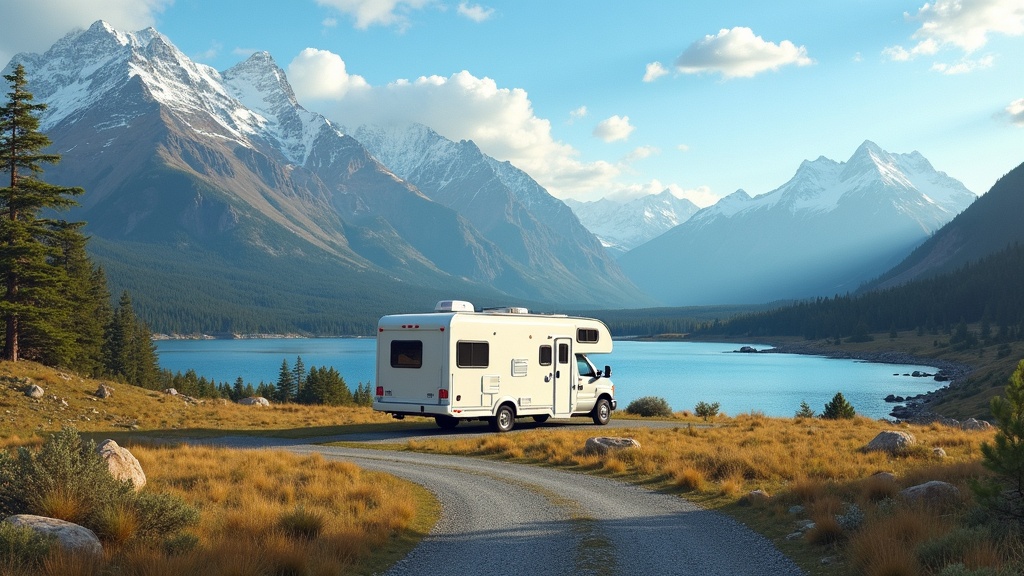
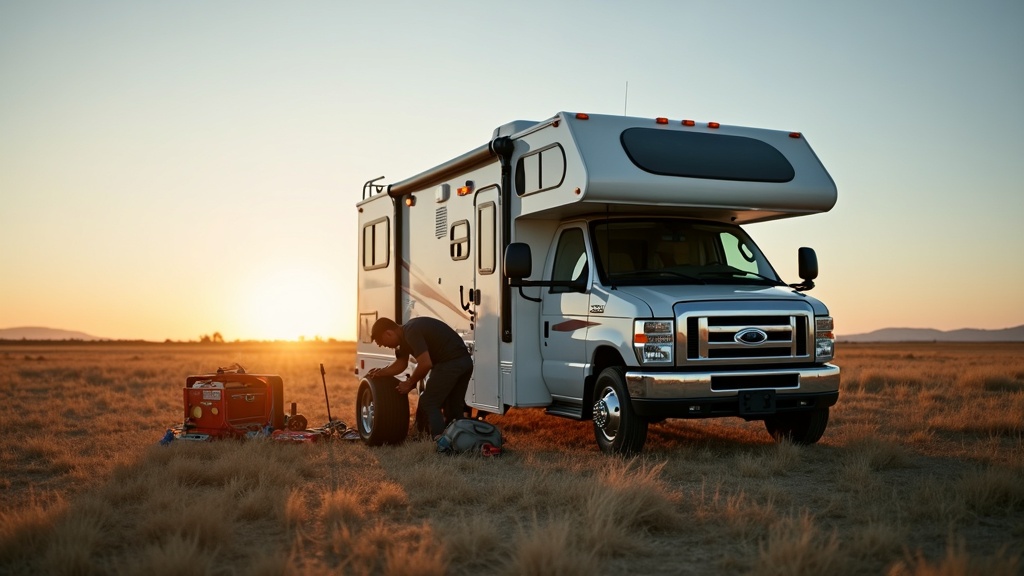
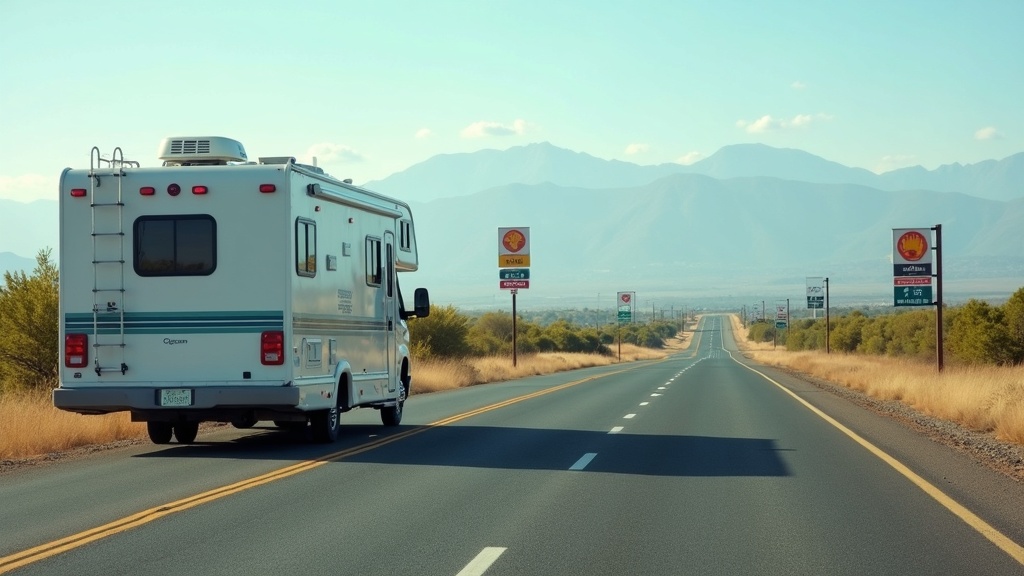
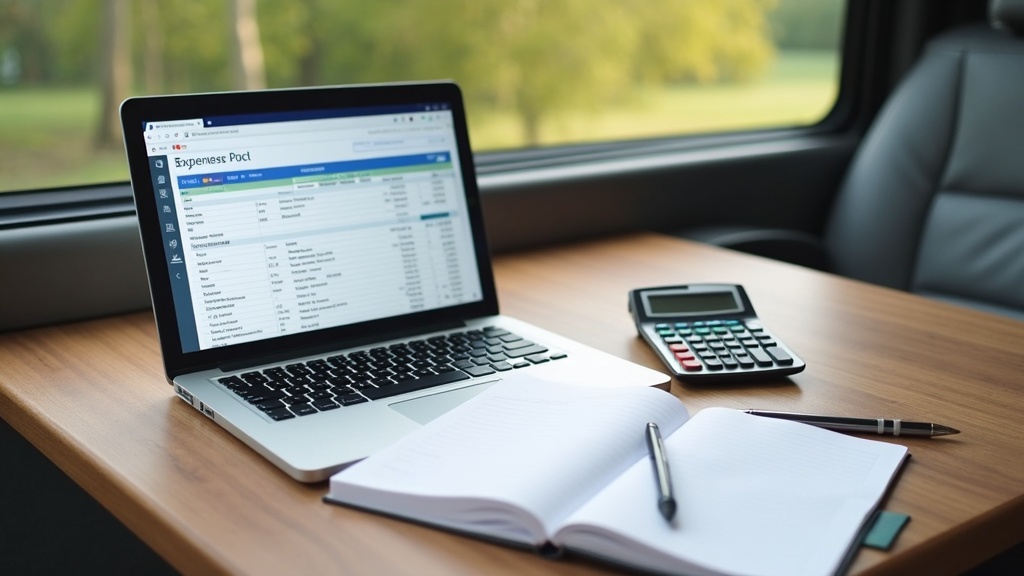

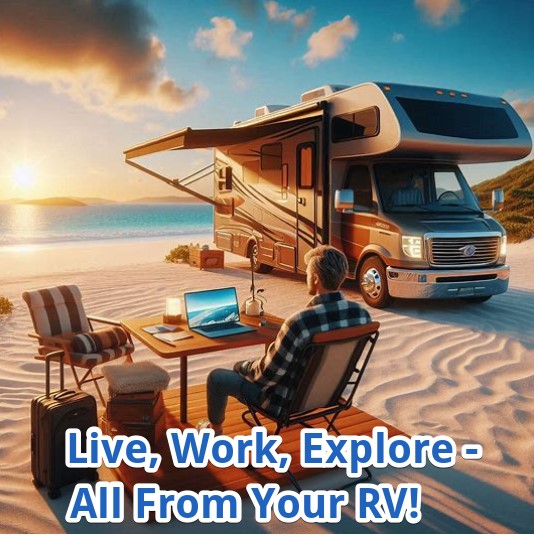
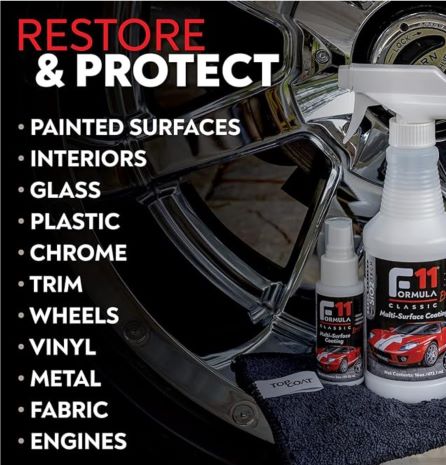
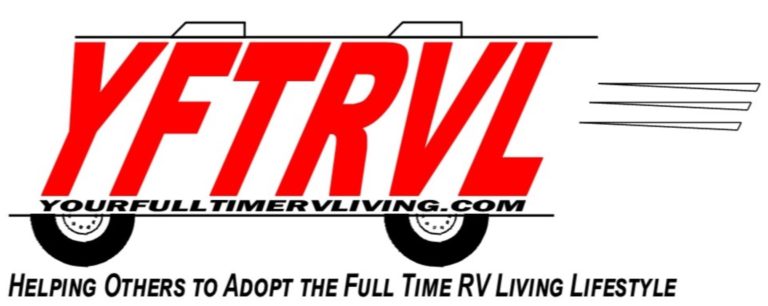



Recent Comments